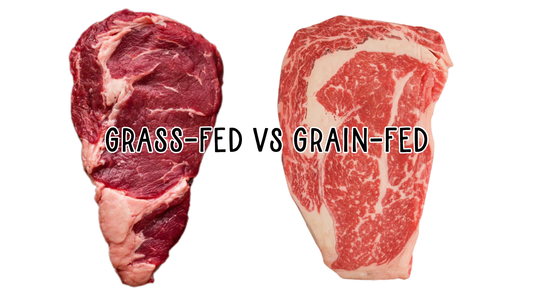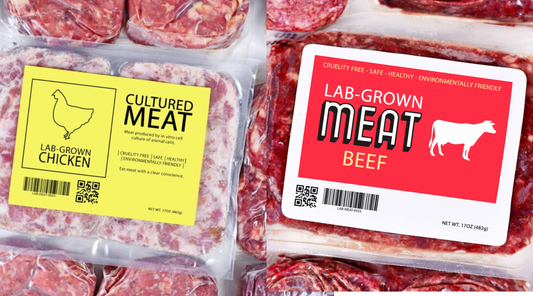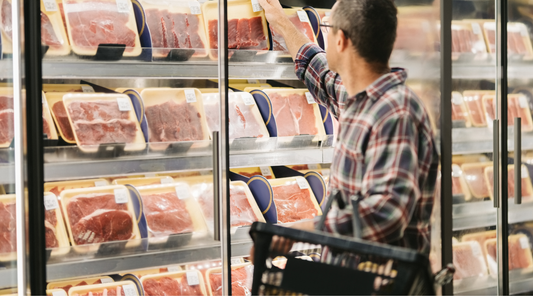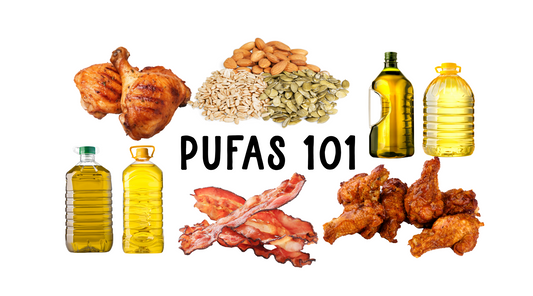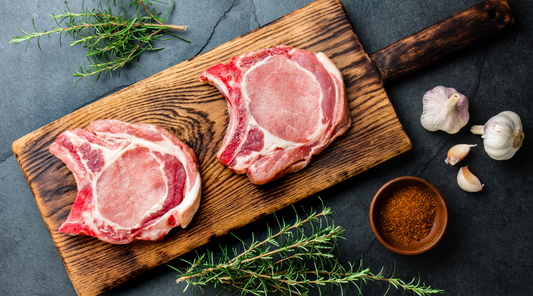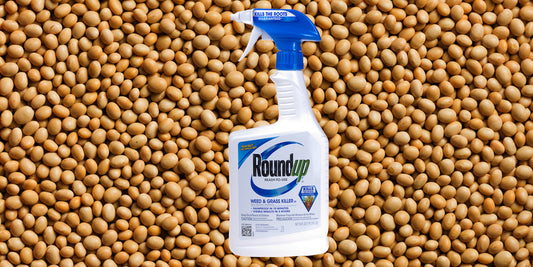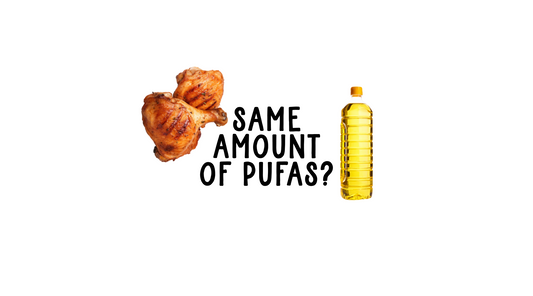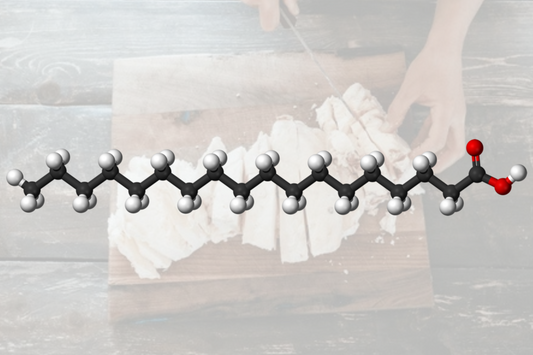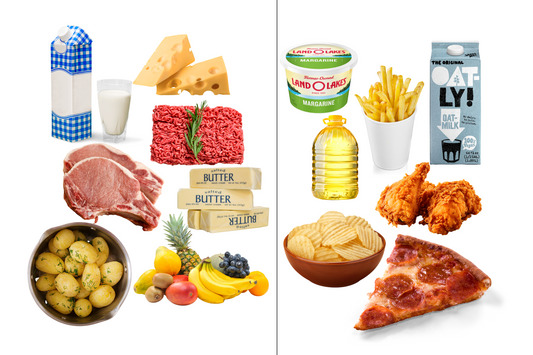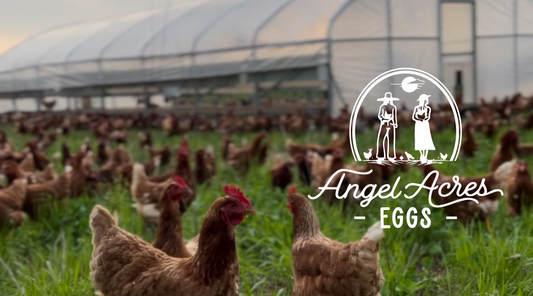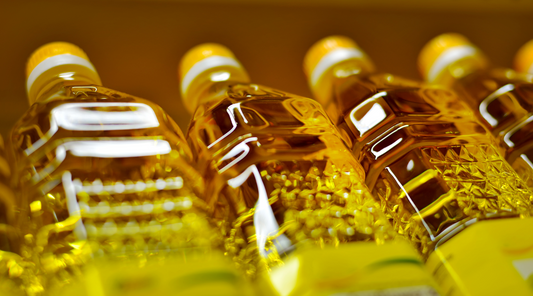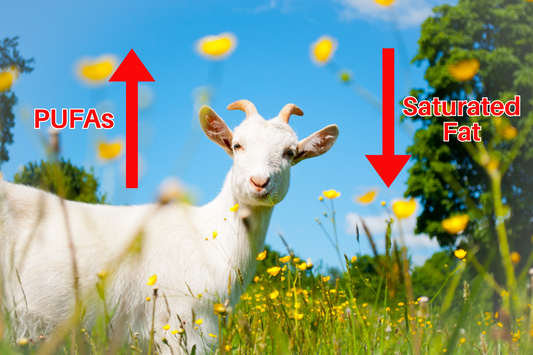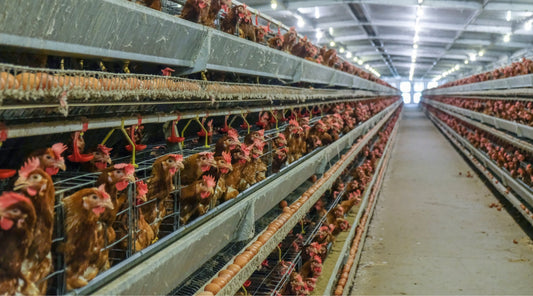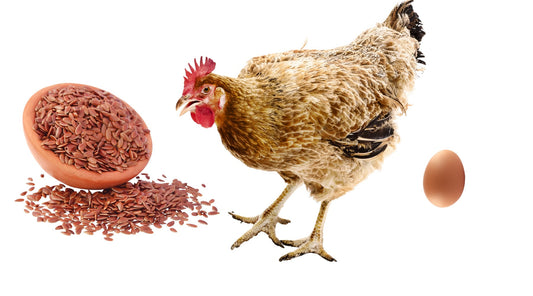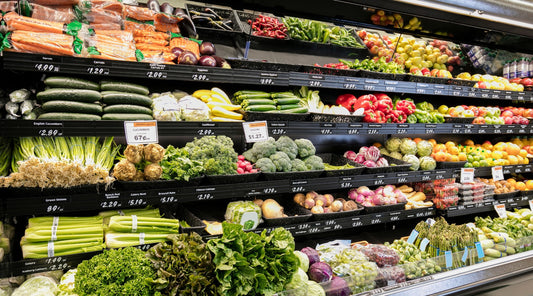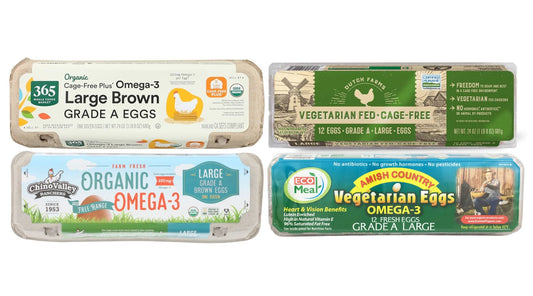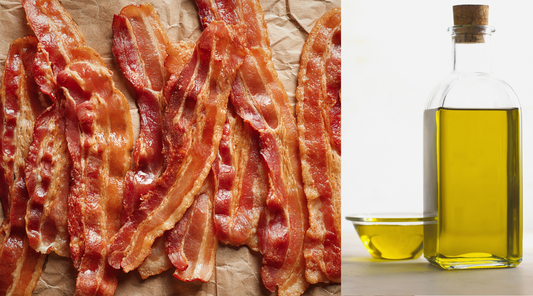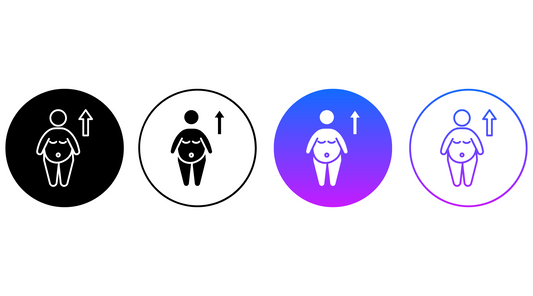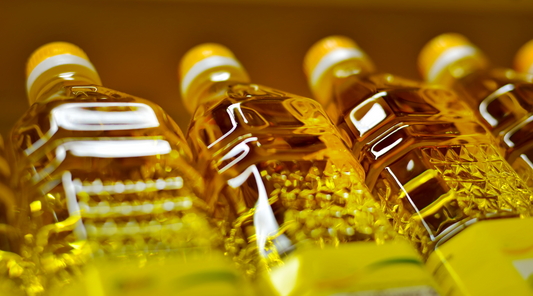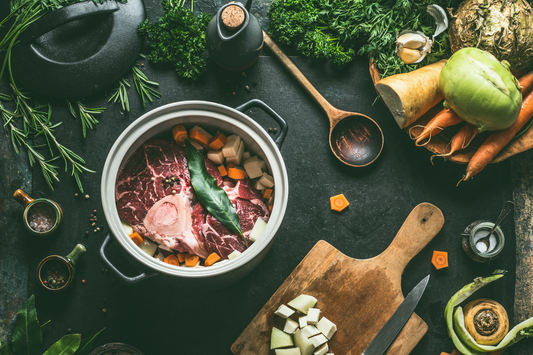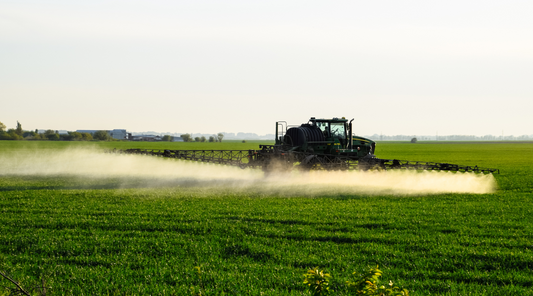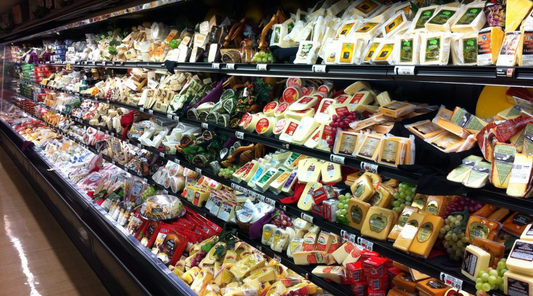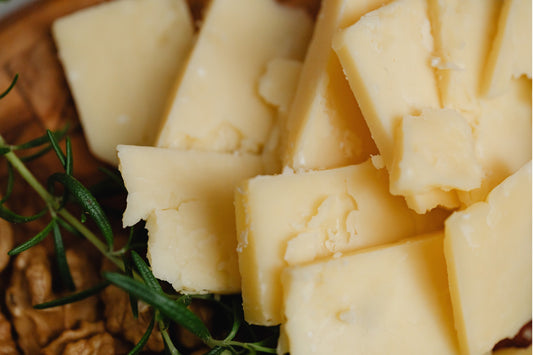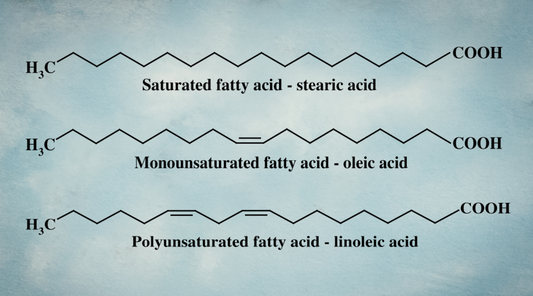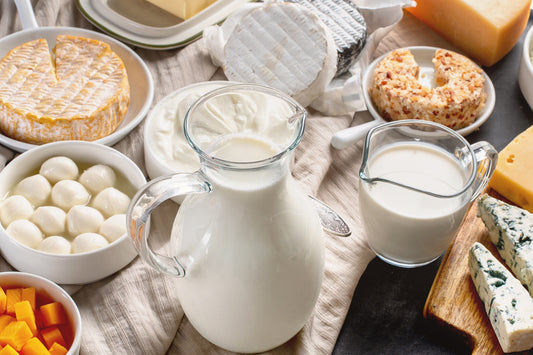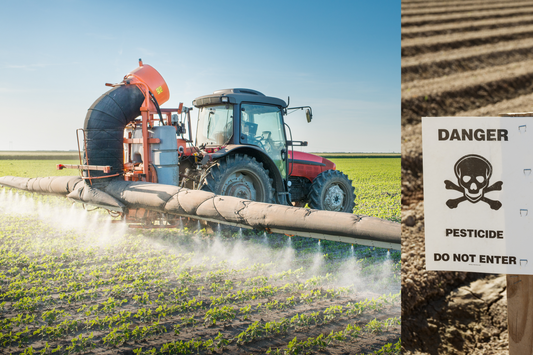
The Truth About Organic Eggs: Feed, Confinement, and PUFA Levels
Are organic eggs really the best option?
Many people assume that organic eggs are the gold standard. After all, “organic” sounds natural, clean, and ethical.
But here’s the truth: organic eggs aren’t always what you think, and they’re not necessarily healthier.
And while you may think you are lowering your pesticide exposure, lab testing has detected glyphosate in ORGANIC EGGS at levels as high as 169 ppb (r,r), more than three times the EPA’s allowable limit of 50 ppb.
So let’s break down what “organic” really means (and doesn’t mean), and why at Angel Acres Egg Club, we’ve chosen to go beyond the label.
What the Organic Label doesn’t tell you:
-
Organic Eggs Can Still Be High in PUFAs (and are fed Corn, Soy & other high PUFA ingredients)
-
Organic Eggs May Still be Confined
-
Organic Doesn’t Mean Vaccine-Free
Let’s dive in!
1. Organic Eggs Can Still Be High in PUFAs (and Come from Corn & Soy)
Many organic eggs still come from hens fed organic corn, soy, and vegetable oils.
The problem?
Organic or not, these ingredients are still high in omega-6 polyunsaturated fats (PUFAs), especially linoleic acid, the same fat that is high in industrial seed oils.
And the science is clear: when a chicken eats a high PUFA diet, more PUFAs show up in the egg.
So if you’re avoiding seed oils in your own diet, yet still consuming organic eggs loaded with the same type of fats… it’s time to take a closer look.
We did.
Our eggs contain 74% less linoleic acid than Organic Vital Farms eggs.
That’s because we don’t use corn, soy, industrial oils or other high PUFA ingredients in our feed. Period.
2. Organic Eggs May Still be Confined
You might picture happy hens roaming green pastures when you see “organic” on a carton. But in most cases, organic eggs come from large-scale industrial operations—the same kind used for conventional eggs.
While organic standards technically require “outdoor access,” in practice that can mean:
-
A small concrete porch attached to a massive barn
-
Tens of thousands of birds crammed into a facility
-
Dirt patches devoid of forage, bugs, or sunlight
This is confinement with a loophole: not true pasture-raising.
These photos document “industrial organics”.
3. Organic Doesn’t Mean Vaccine-Free
Antibiotics are prohibited in organic production—but vaccines are widely allowed.
Because most organic chickens are still raised in unnatural, crowded environments, vaccinations are routinely used to control disease outbreaks.
At Angel Acres, our approach is simple: raise chickens in a healthy, regenerative environment, so we don’t need to rely on those interventions in the first place.
We’d rather do what’s right, than checking a box.
Why We Don’t Follow the Organic Label
We believe the organic standard doesn’t go far enough.
It leaves room for industrial shortcuts, confinement, poor-quality feed, and confusion for customers who simply want to eat better.
We’ve chosen a different path.
What We Do Instead at Angel Acres Egg Club:
✔️ Custom-made, low-PUFA feed made from regeneratively grown grains from our partnership of regenerative row crop farmers who do not use pesticides
✔️ No corn, no soy, no flax, no vegetable oils
✔️ No glyphosate or synthetic pesticides
✔️ Regular testing for fatty acid profile and chemical residues
✔️ Mobile pasture-raised hens instead of massive stationary barns, with real access to sunshine, forage, and freedom, resulting in healthy living conditions for the chickens without the use of pharmaceuticals. (AND improving the environment along the way, a #winwin).
We oversee every step of the process: from seed to feed, chicken to egg, egg to fork, because clean food should never be confusing.
Want truly healthy eggs?
Don’t rely on the label.
Know your farmer.
And we’d be honored to be yours. 🥚🌱







